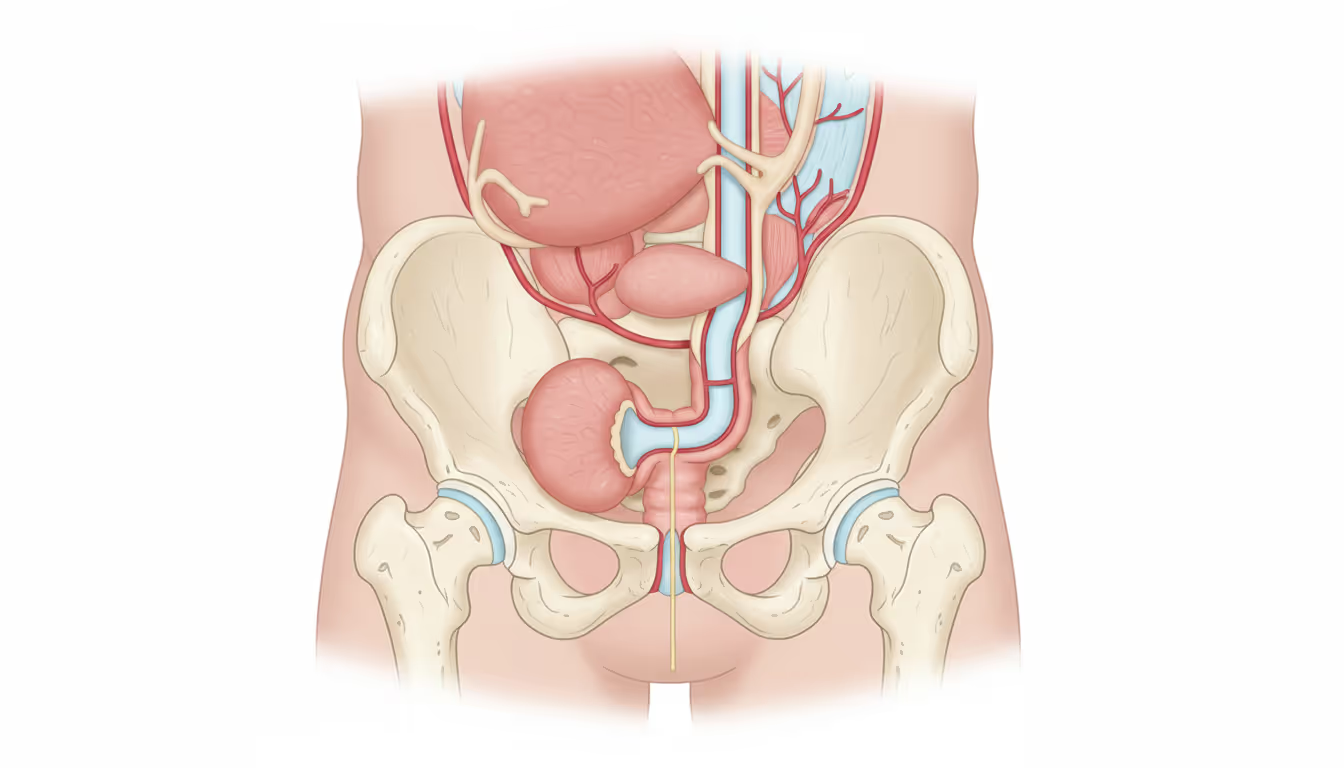
Benign prostatic hyperplasia is a prevalent, non-cancerous condition characterized by the enlargement of the prostate gland. This increase in size can put pressure on the urethra, the tube running through the center of the prostate, obstructing urine flow from the bladder to the outside. Often abbreviated as BPH, if left unchecked it can sometimes lead to a complete blockage. Typically, BPH begins after the age of 30, progresses gradually, and generally manifests symptoms after age 50. Around half of men over 50 experience symptoms, but only a few require medical or surgical treatment. Medication options include drugs like finasteride and terazosin. Traditionally, prostate surgery is considered to provide the most significant benefits and carries the most risks for addressing BPH. It is important to note that BPH is not indicative of cancer. This condition is also referred to as prostatic adenoma or nodular hyperplasia of the prostate.




